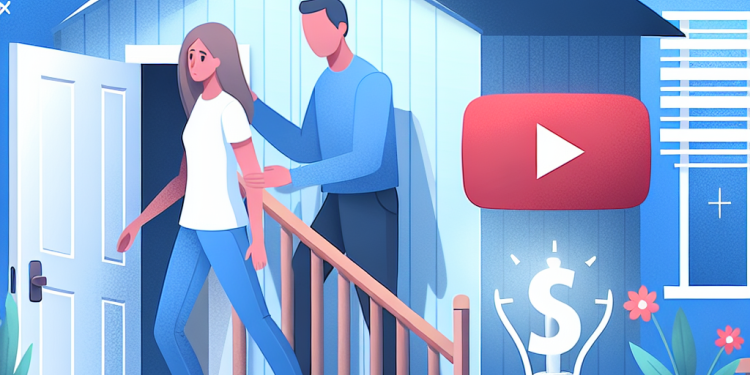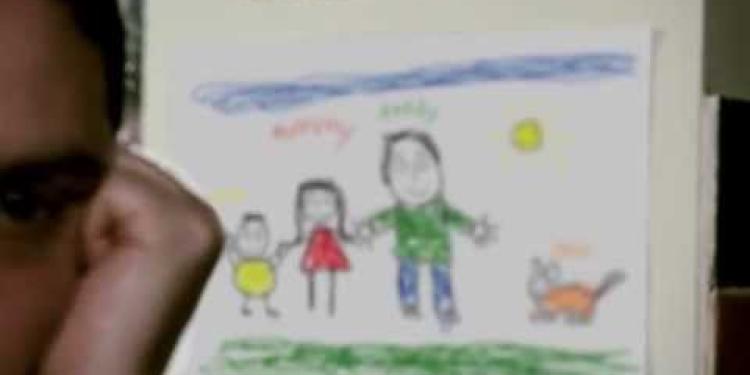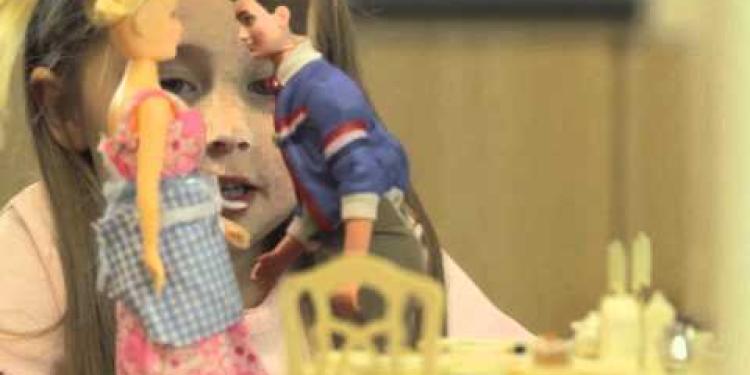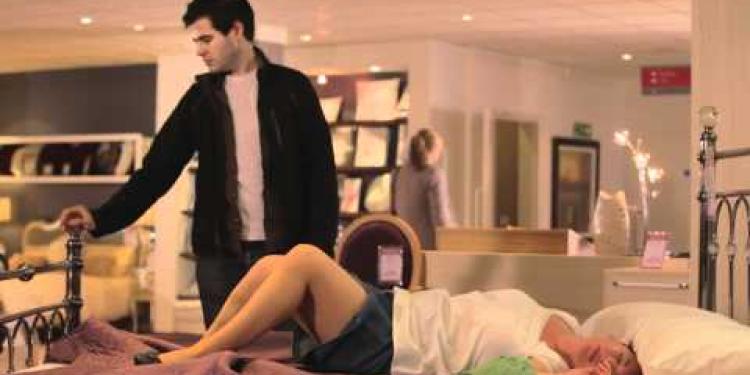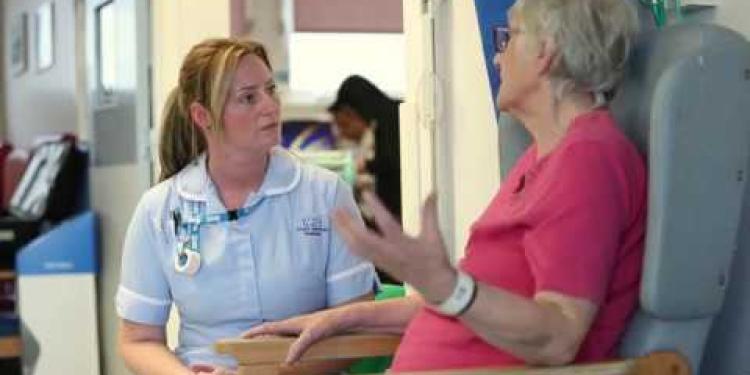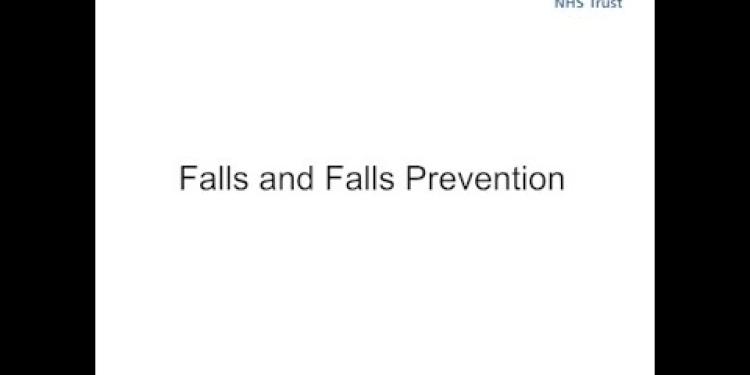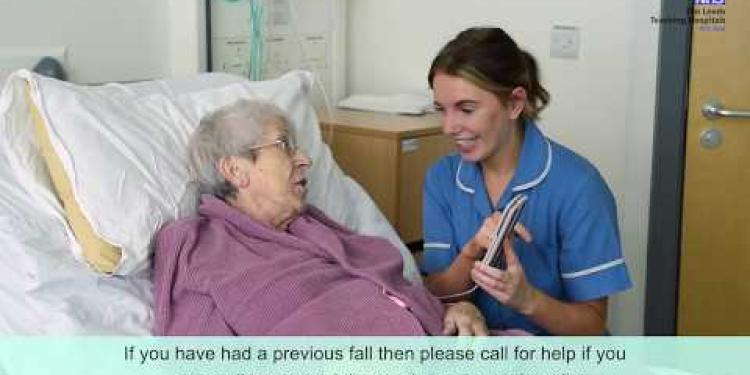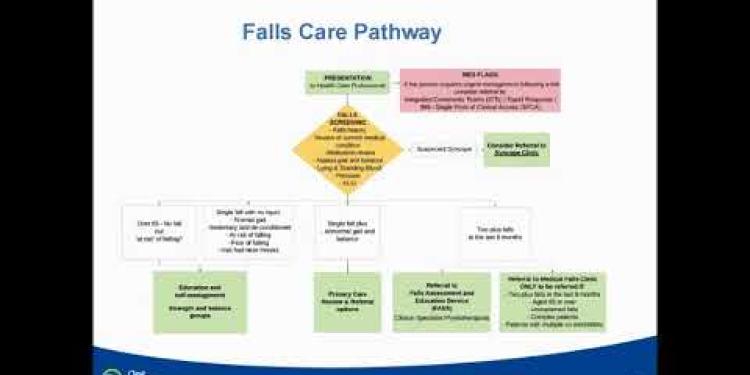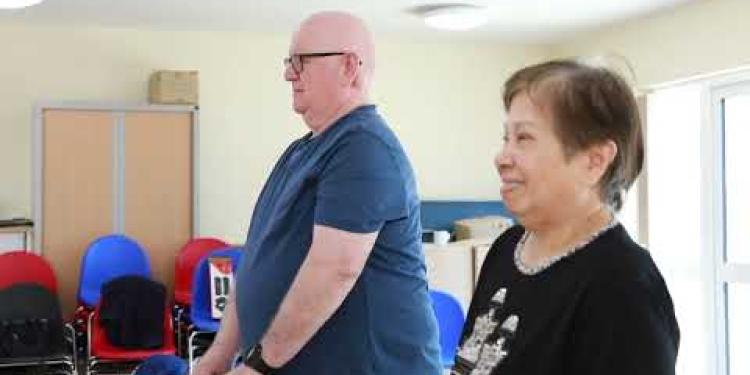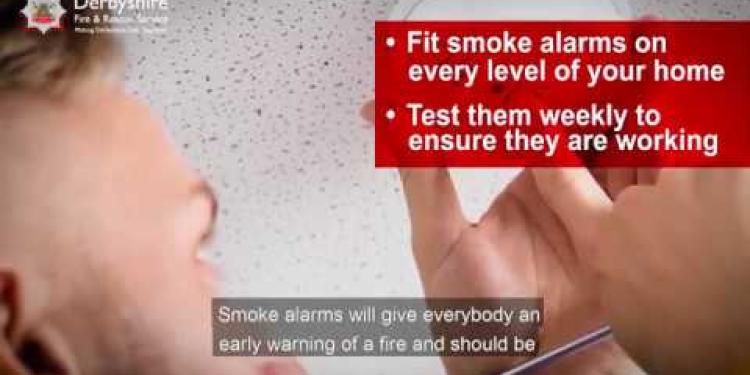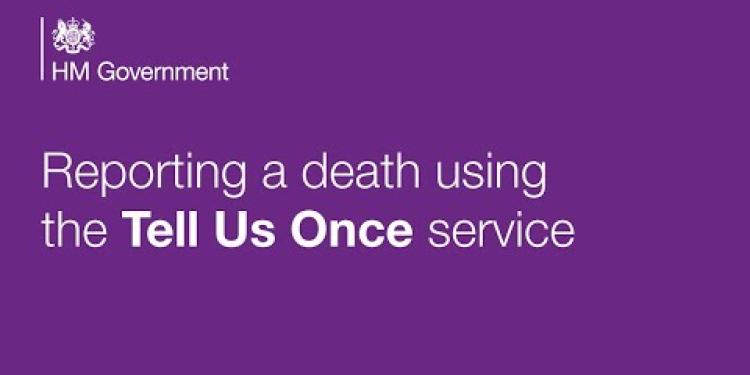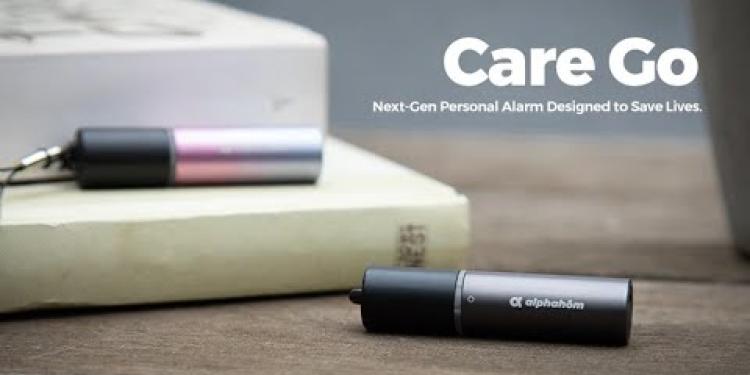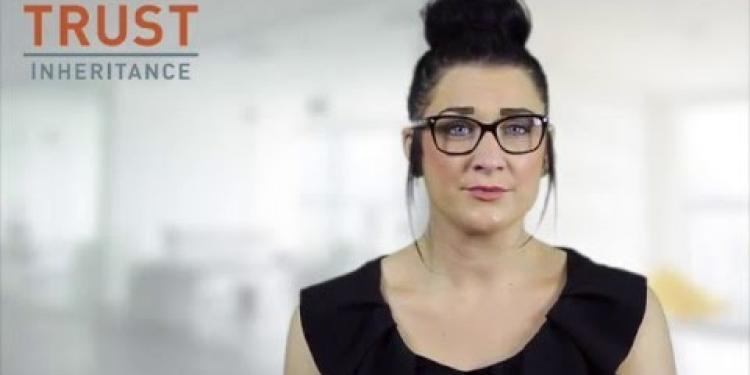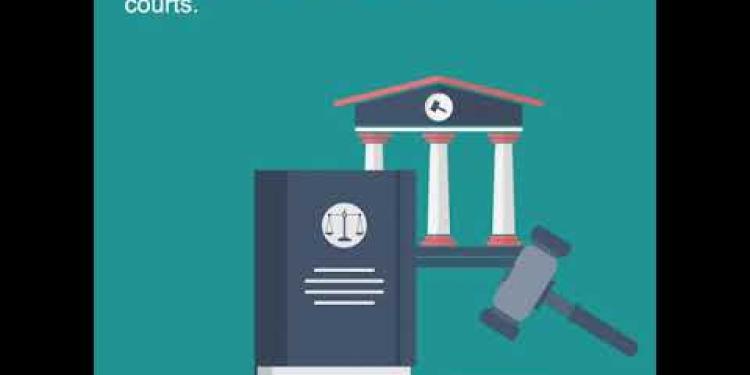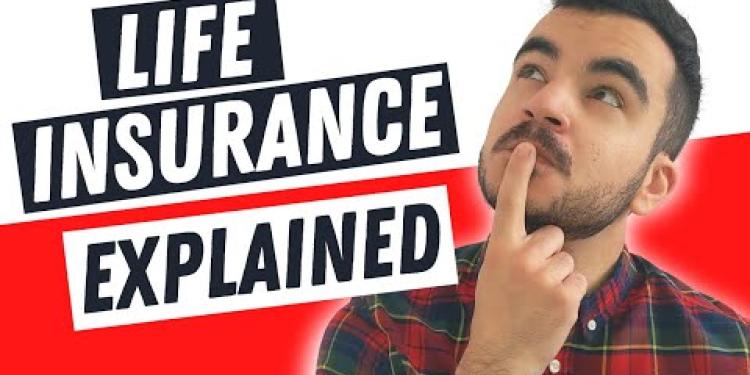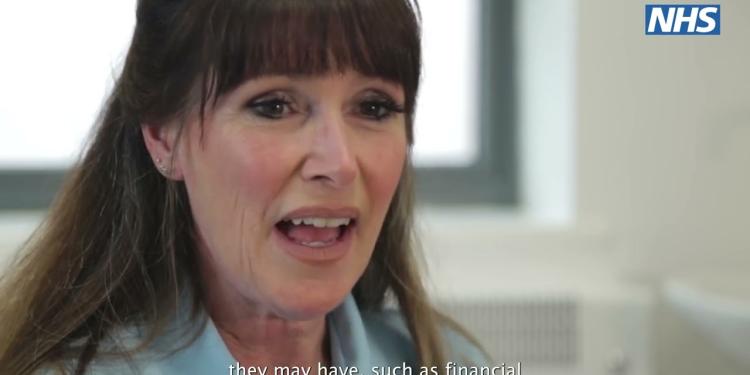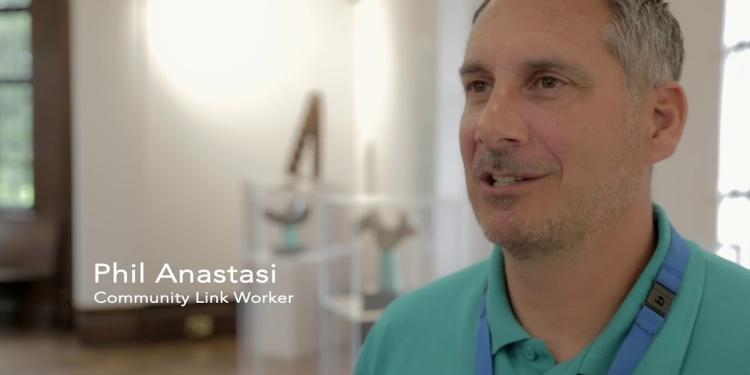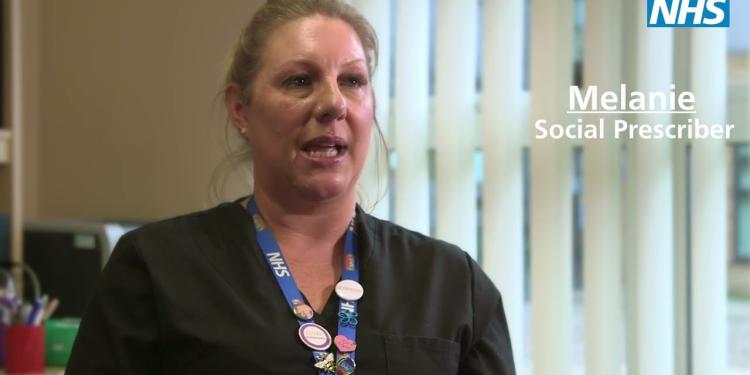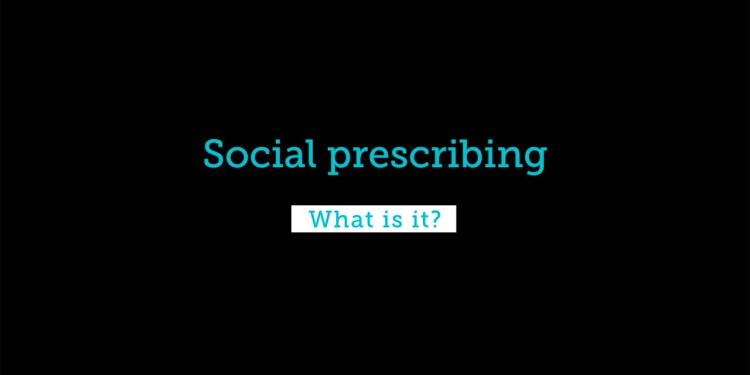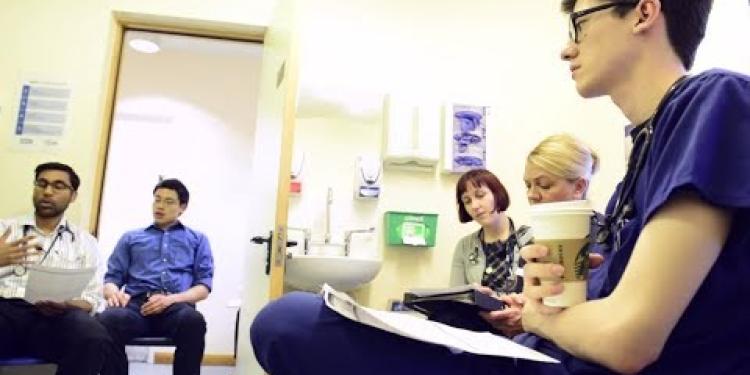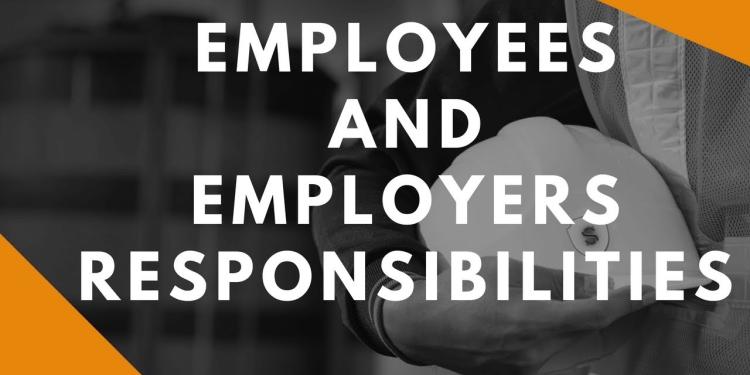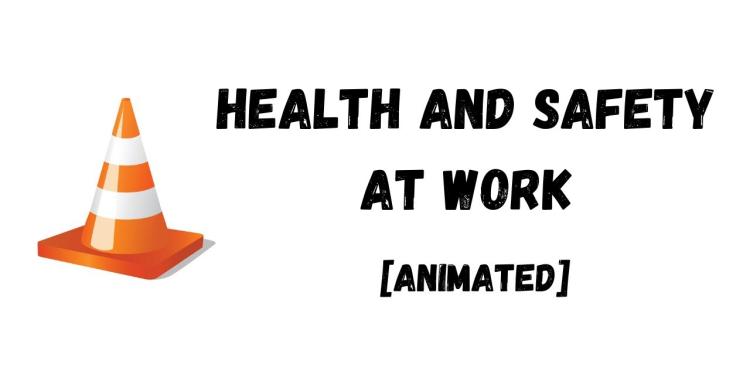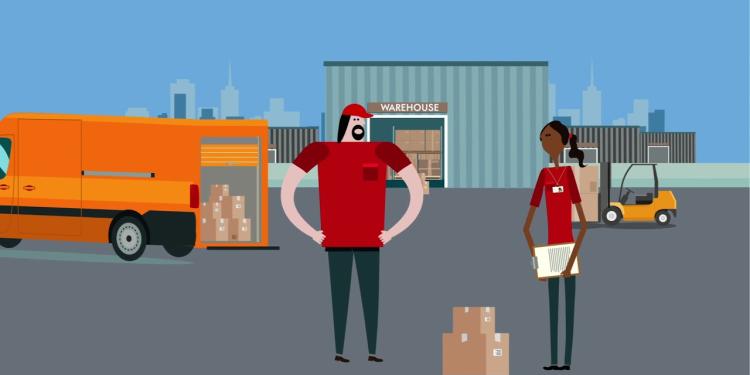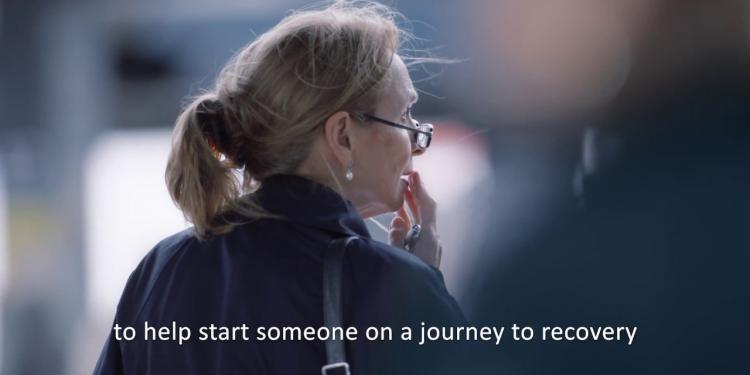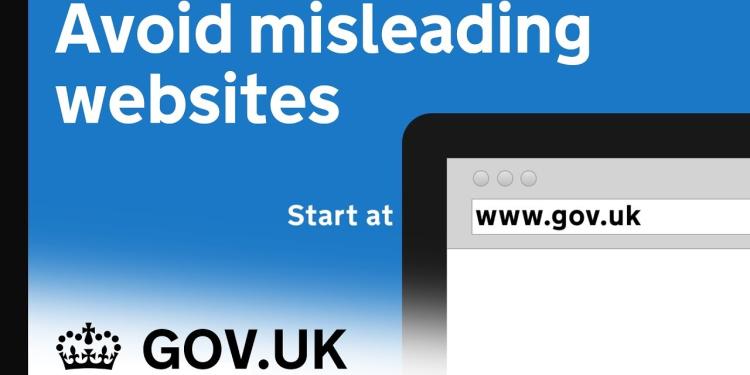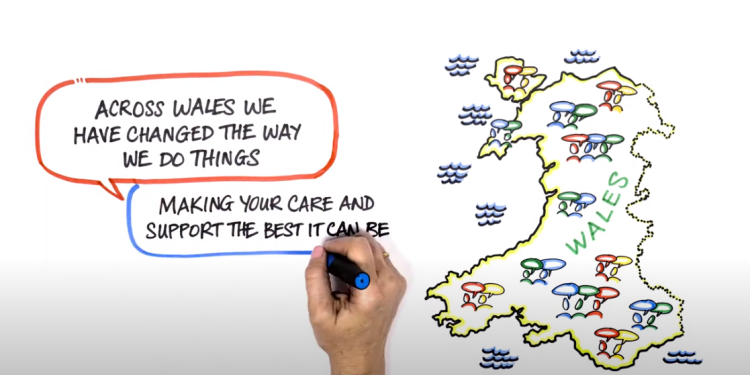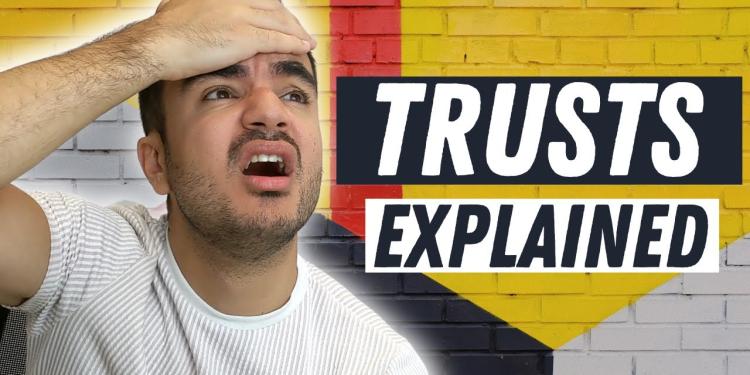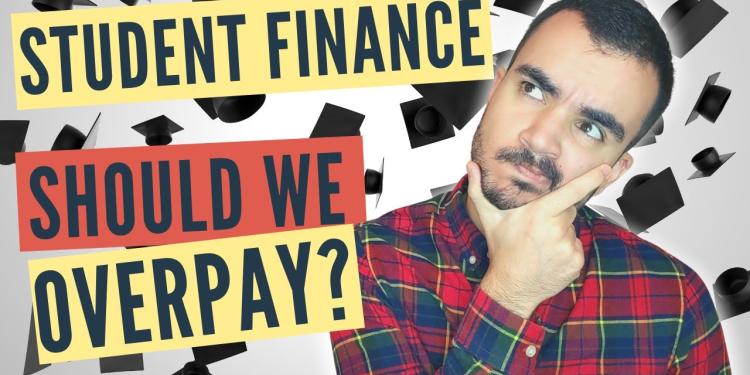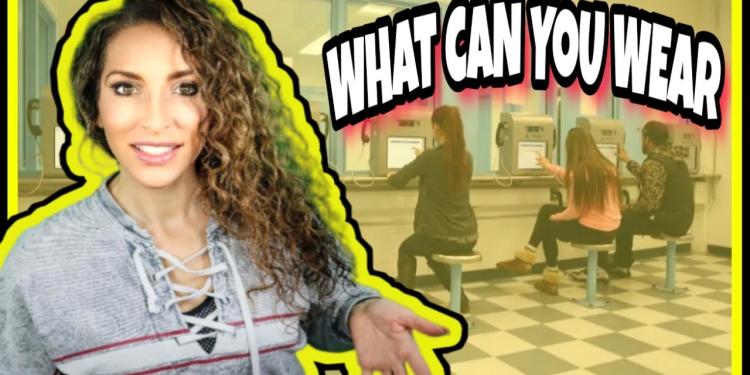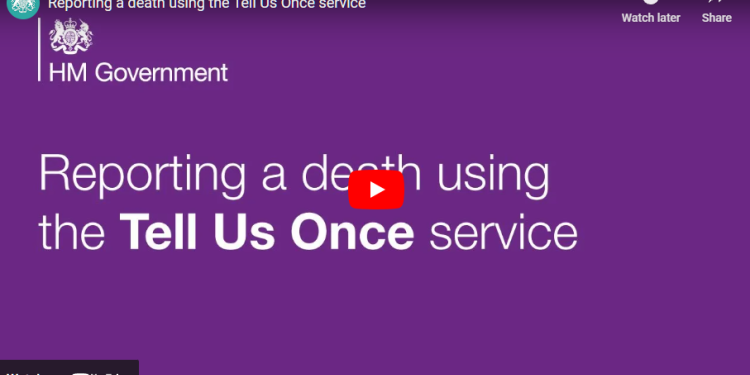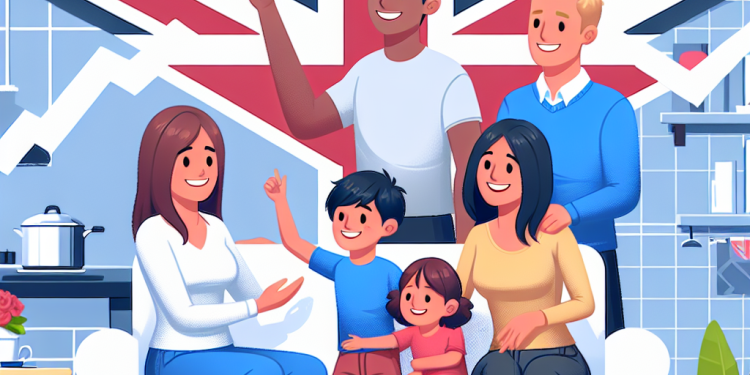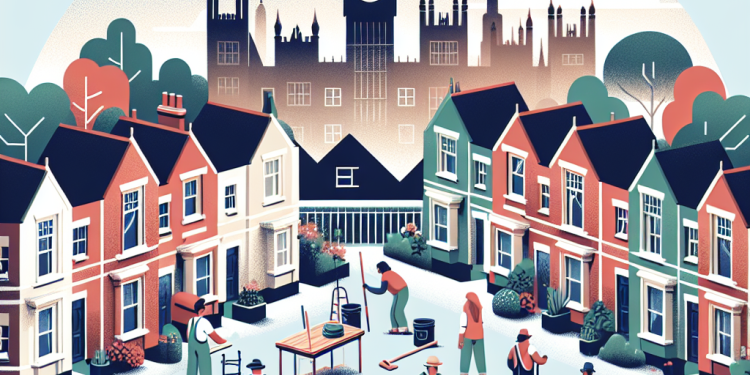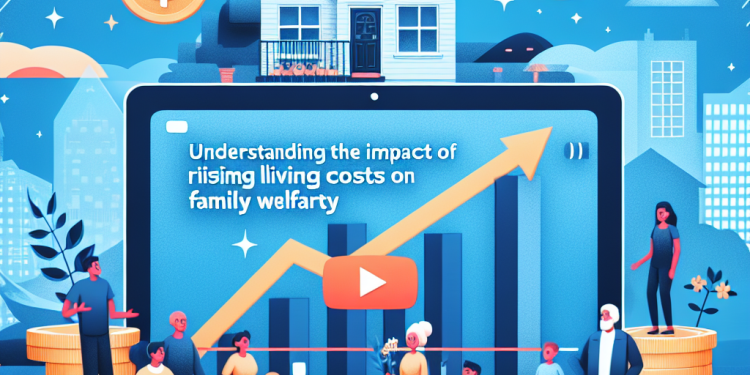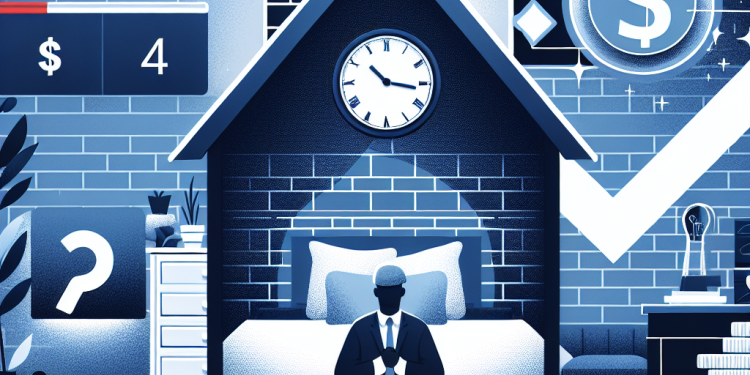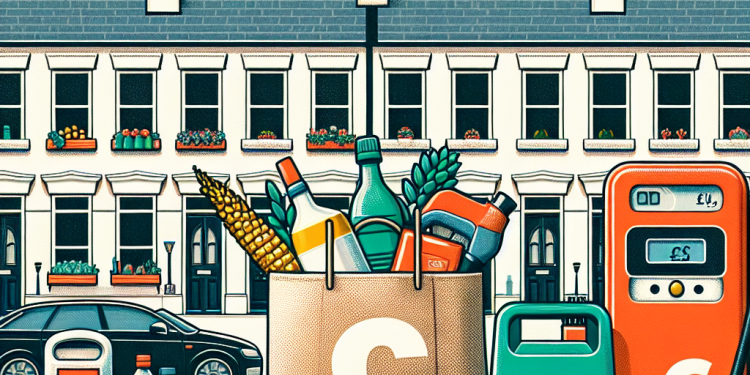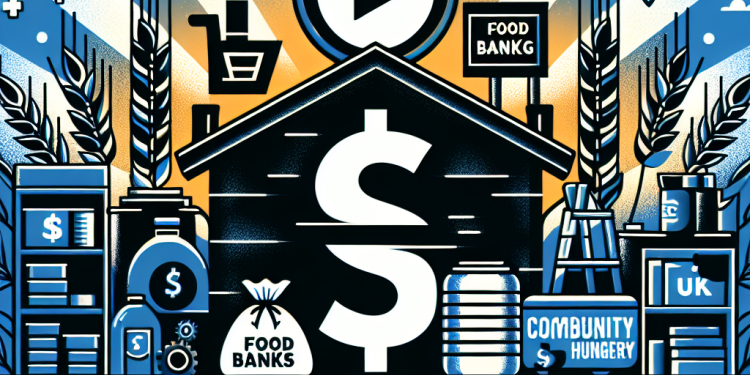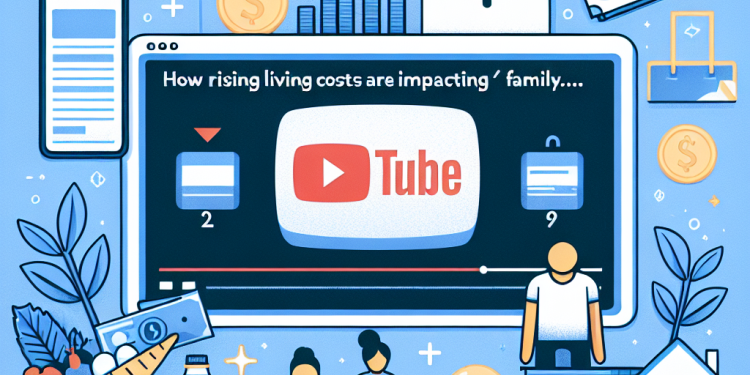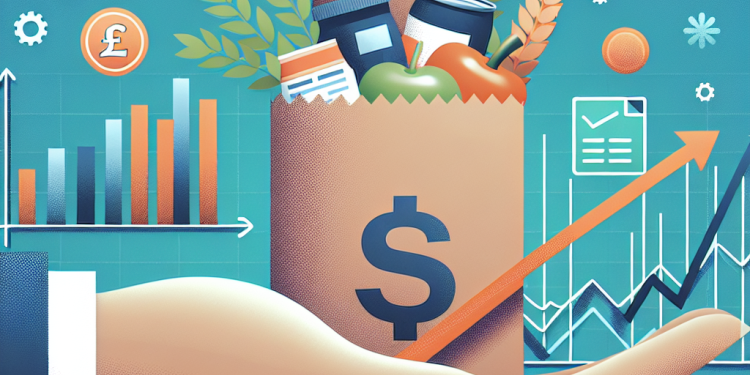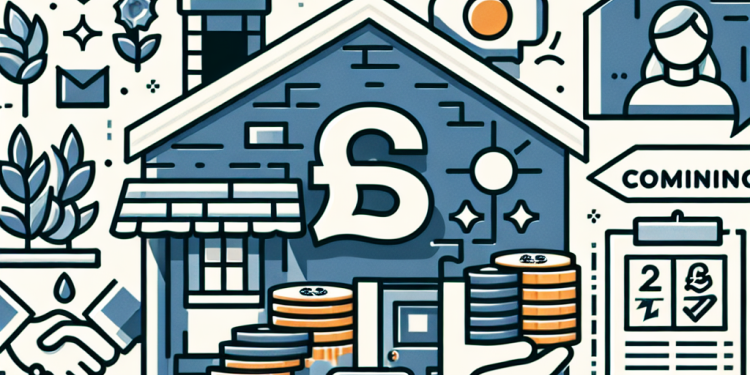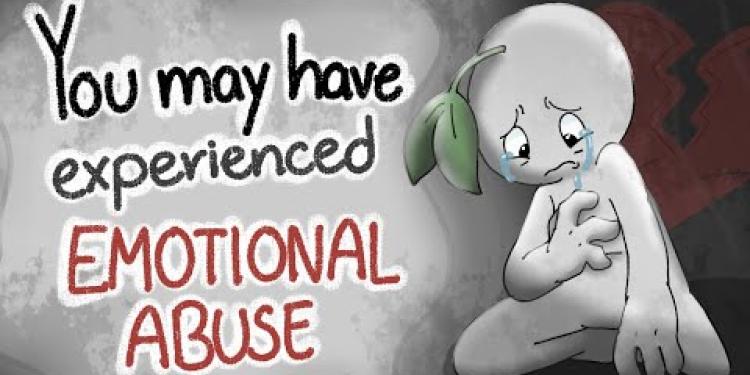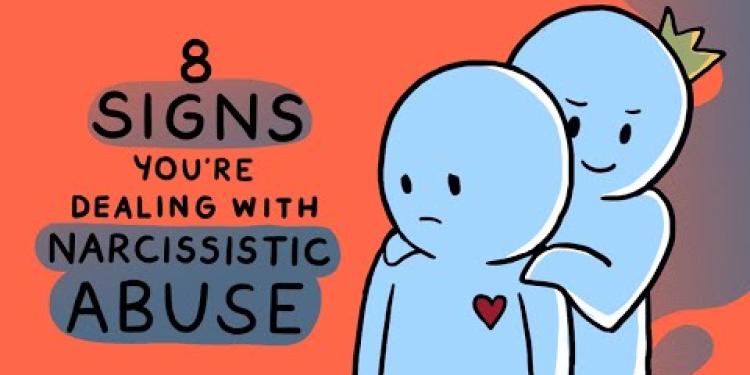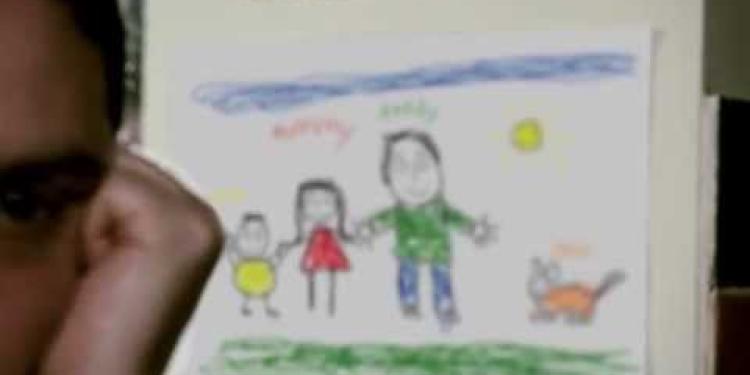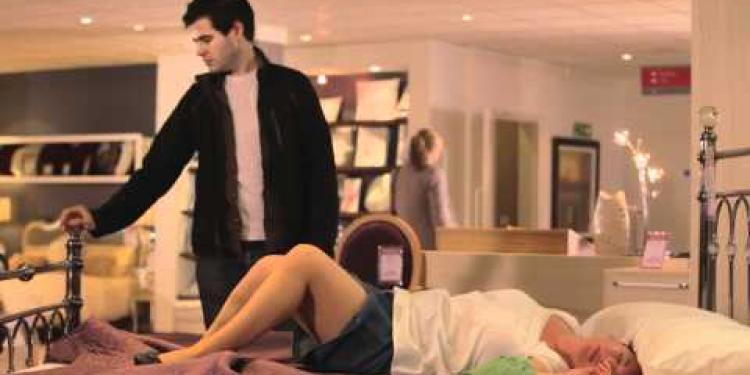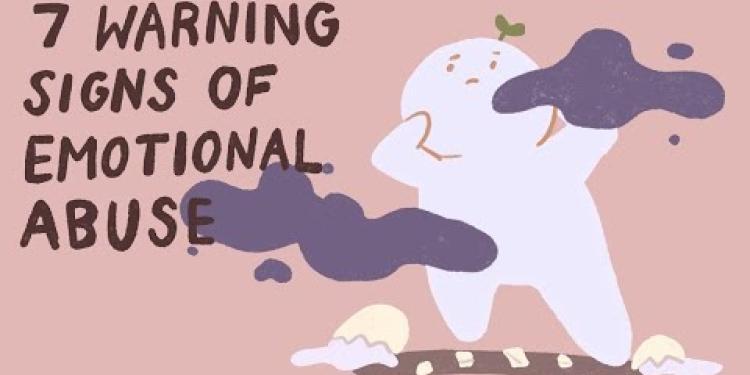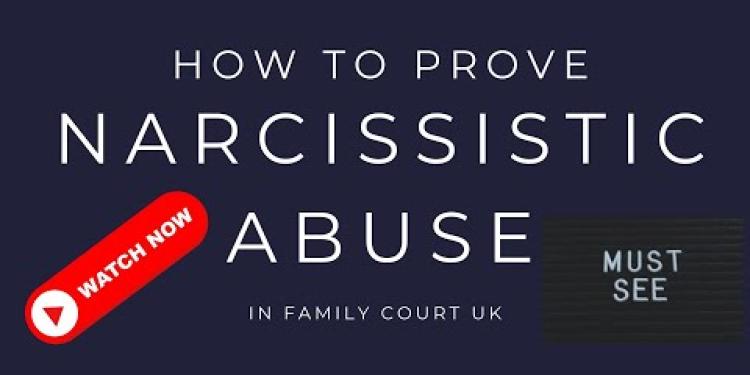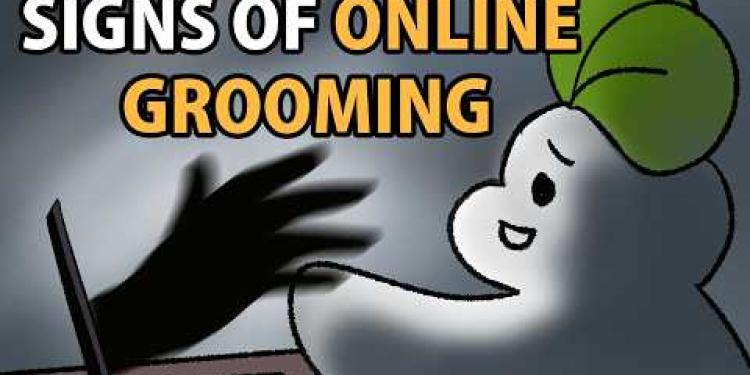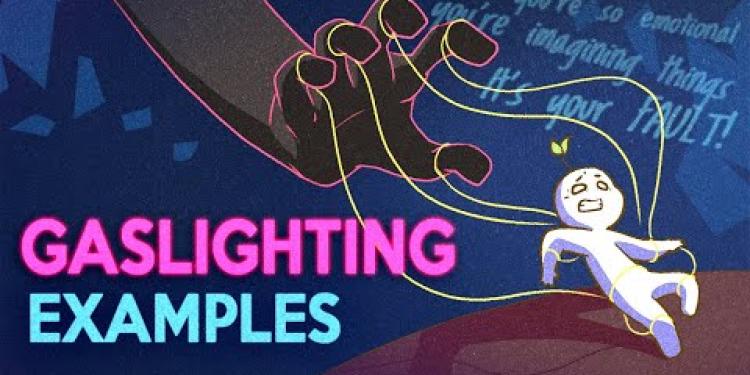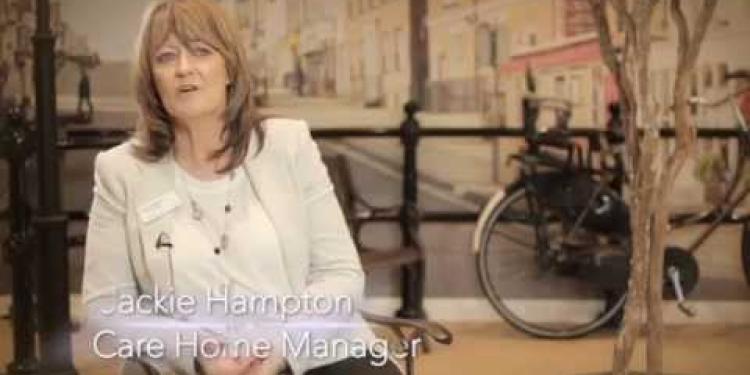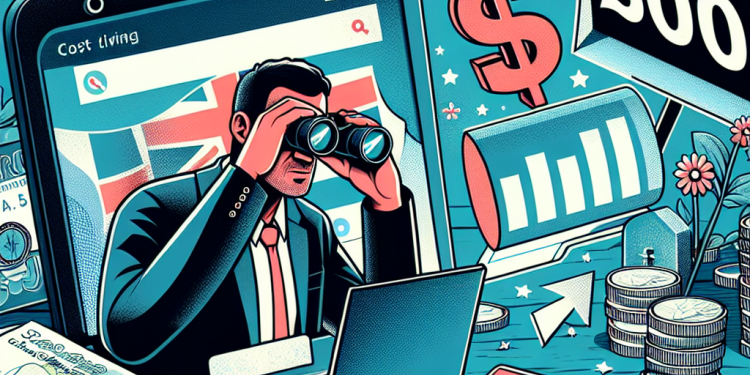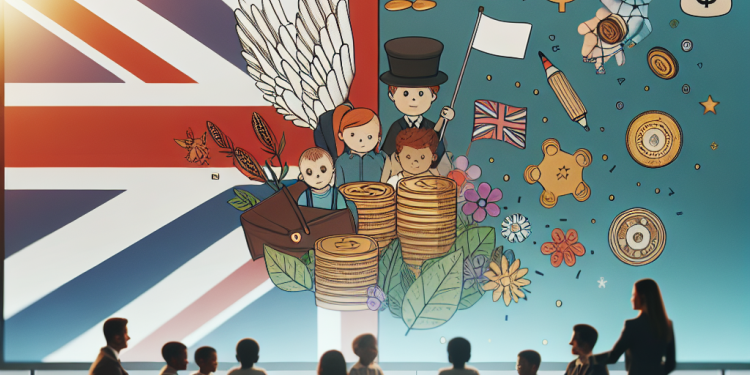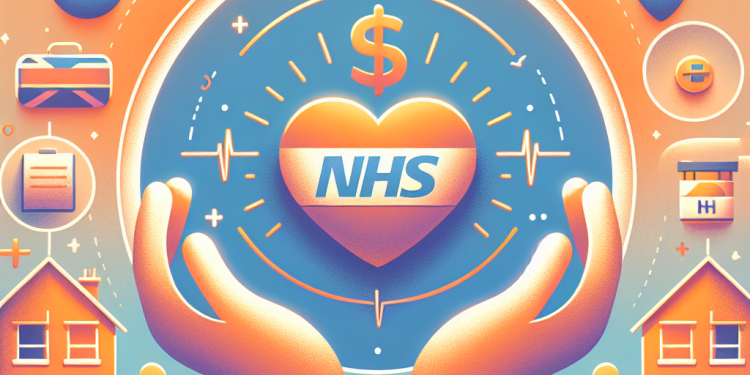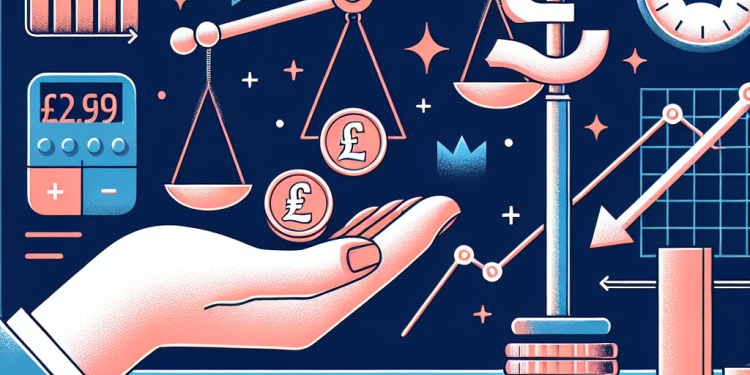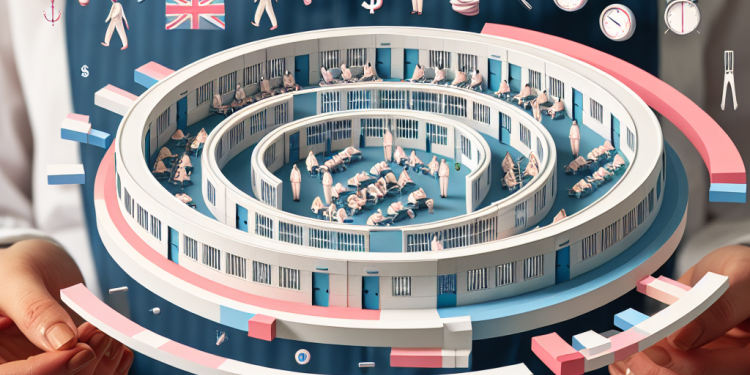Important Information On Using This Service
- Ergsy carefully checks the information in the videos we provide here.
- Videos shown by YouTube after a video has completed have NOT been reviewed by ERGSY.
- To view, click the arrow in the center of the video.
Using Subtitles and Closed Captions
- Most of the videos you find here will have subtitles and/or closed captions available.
- You may need to turn these on and choose your preferred language.
Turn Captions On or Off
- Go to the video you'd like to watch.
- If closed captions (CC) are available, settings will be visible on the bottom right of the video player.
- To turn on captions, click settings.
- To turn off captions, click settings again.
Find A Professional
Videos from Ergsy search
More Videos of Interestdiagnosis
Live Fear Free - The Effect of Domestic Abuse on Children
Understanding Domestic Abuse
Domestic abuse, a pervasive issue affecting families worldwide, manifests in various forms including physical violence, psychological manipulation, and emotional intimidation. In the United Kingdom, it has become a critical social concern, affecting not just the direct victims but also children who witness or are involved in such environments. These children often experience substantial emotional and psychological distress, which can have lasting impacts on their development and well-being.
Impact of Domestic Abuse on Children's Well-being
Children exposed to domestic abuse face an array of negative outcomes. Psychologically, they may suffer from anxiety, depression, and post-traumatic stress disorder (PTSD). The environment of fear and instability can lead to problems with behavior and social interaction, making it difficult for them to build trusting relationships. Academically, these children might struggle because of the stress and distractions from their home life, which often inhibits their ability to concentrate and perform well in school.
Long-term Effects and Risk Factors
The long-term effects of growing up in an abusive environment can be profound. These children are at an increased risk of adopting aggressive behaviors themselves, potentially perpetuating a cycle of violence. Furthermore, they may struggle with their self-esteem and self-worth, leading to challenges in adulthood such as maintaining stable employment and healthy personal relationships. The effects are not uniform, as some children might display resilience, but the risks are heightened without the proper intervention and support.
Support Systems and Resources in the UK
In the UK, numerous organizations and resources focus on supporting children affected by domestic abuse. Initiatives such as the “Live Fear Free” helpline provide confidential support and advice to victims, helping them navigate complex situations. Schools and community groups often collaborate with these services to identify at-risk children and provide targeted interventions, aiming to create a safer and more stable environment for affected families. Education about healthy relationships and emotional well-being is essential for breaking the cycle of abuse and ensuring children can live free from fear.
Frequently Asked Questions
What is domestic abuse?
Domestic abuse is a pattern of controlling, coercive, threatening, degrading and violent behaviour, including sexual violence, by a partner or ex-partner. It can also involve family members and can happen to anyone regardless of age, gender, or background.
How does domestic abuse affect children?
Children can be deeply affected by domestic abuse, even if they do not directly witness it. They may experience fear, anxiety, and stress, which can lead to emotional, behavioural, and cognitive issues both in the short and long term.
Can children recover from the effects of domestic abuse?
Yes, with the right support and interventions, children can recover from the effects of domestic abuse. Early intervention, counselling, stable environments, and support from caring adults can help children heal.
How can I tell if a child is being affected by domestic abuse?
Children affected by domestic abuse may show signs of distress such as anxiety, depression, aggression, withdrawal, difficulty sleeping, or developmental regressions. However, these signs can vary widely among children.
What should I do if I suspect a child is experiencing domestic abuse?
If you suspect a child is experiencing domestic abuse, it is important to report your concerns to local authorities or agencies like NSPCC in the UK. Children need protection and should be encouraged to speak to trusted adults.
Can the impact of domestic abuse on children last into adulthood?
Yes, the impact of domestic abuse can extend into adulthood, influencing relationships, mental health, and behaviour. However, early support and intervention can mitigate these long-term effects.
Do all children react the same way to domestic abuse?
No, children respond to domestic abuse in different ways depending on their personalities, the nature of the abuse, their age, and the support they receive. Some may become withdrawn while others may show outward aggression.
What types of support are available for children affected by domestic abuse in the UK?
In the UK, support for children includes counselling services, child protection services, educational support, and specialised organisations such as NSPCC and Childline which offer guidance and help.
Can a parent experiencing domestic abuse get help to keep their child safe?
Yes, if a parent is suffering from domestic abuse, there are services available to support them and their children. Refuge services and helplines offer advice and accommodation, and safety plans can be developed to protect both parent and child.
Is witnessing domestic abuse as harmful as being directly abused?
Witnessing domestic abuse can be just as harmful as experiencing direct abuse. Children who witness violence may have emotional and psychological trauma that affects their well-being and development.
What role can schools play in supporting children affected by domestic abuse?
Schools can provide a safe and supportive environment, offer counselling services, raise awareness, and work closely with local child protection agencies to support children affected by domestic abuse.
How can domestic abuse affect a child's education?
Domestic abuse can negatively impact a child’s education, causing difficulties with concentration, increased absenteeism, lower academic performance, and behavioural issues in school.
What are some common misconceptions about children and domestic abuse?
Common misconceptions include the belief that children are not affected if they do not see the abuse or that they will automatically become abusers themselves. It is important to recognise that each child is affected differently and that early support can help them.
Are boys and girls affected differently by domestic abuse?
While all children can suffer from the effects of domestic abuse, boys and girls may express their distress in different ways due to societal expectations and gender norms. Each child's response is unique.
Where can I find resources or help lines related to domestic abuse in the UK?
In the UK, resources and help lines such as the National Domestic Abuse Helpline (0808 2000 247) and organisations like Refuge, Women's Aid, and the NSPCC offer support for individuals affected by domestic abuse.
Useful Links
Useful links from: 6 Signs of Emotional Abuse and Neglect
- NHS - Signs of Child Abuse This NHS page provides information on recognising signs of abuse and neglect in vulnerable individuals, including children. It outlines what abuse and neglect are, signs to look for, and what actions to take if you suspect someone is being abused.
- NSPCC - Types of Abuse The NSPCC website offers comprehensive information on the different types of child abuse, including emotional abuse and neglect. It provides guidance on how to spot the signs and where to seek help.
- Barnardo's - Child Sexual Exploitation Barnardo's page provides information on child sexual exploitation, a form of abuse, and includes signs and indicators as well as support and resources available for affected kids and young people.
- Childline - Abuse and Neglect Childline offers resources and support for children and young people experiencing abuse and neglect. The site provides information on different types of abuse, including emotional abuse, and advice on how to get help.
Useful links from: 8 Signs You Are Dealing with Narcissistic Abuse
- NHS - Narcissistic Personality Disorder The NHS page on Narcissistic Personality Disorder provides an overview of the condition, including symptoms, causes, diagnosis, and treatment options available through NHS services.
- Mind - Understanding Narcissistic Abuse The mental health charity Mind offers information about abuse, including narcissistic abuse, its effects, and advice on finding support and help in the UK.
- Refuge - Emotional and Psychological Abuse Refuge provides information on emotional and psychological abuse, which includes aspects of narcissistic abuse, and offers support to those affected by it in the UK.
- Women's Aid - Identifying Abuse Women's Aid offers resources and support for identifying domestic abuse, including narcissistic abuse. They provide information on signs to watch for and ways to seek help.
Useful links from: Are you a male victim of domestic abuse?
- NHS Male Domestic Abuse Support NHS page providing guidance and resources for male victims of domestic abuse, including advice on where to seek help and what steps you can take.
- ManKind Initiative A UK charity offering support and information specifically for male victims of domestic abuse, with a helpline and resources tailored to men's needs.
- Men's Advice Line A helpline and support service for men experiencing domestic abuse from their partner, offering confidential advice and assistance.
- Survivors UK Supports men who have experienced domestic or sexual violence, providing resources, support, and counselling services to male survivors.
Useful links from: Live Fear Free - Domestic Abuse
- Live Fear Free - Welsh Government The Live Fear Free campaign by the Welsh Government offers advice and support for those experiencing domestic abuse, sexual violence, and violence against women. It provides helpline contact information and resources for those in need of support.
- NHS - Domestic Violence The NHS page on domestic violence provides information on recognizing the signs of domestic abuse and how to get help, including advice on healthcare support and contacting helplines.
- Women's Aid Women's Aid is a UK-based charity working to end domestic abuse against women and children. It offers support services, a directory of local support services, and information for victims of domestic violence.
- Refuge - Domestic Violence Help Refuge is a UK charity providing specialist support for women and children experiencing domestic violence. They offer a national helpline, emergency accommodation, and support services for survivors.
Useful links from: When Kids Abuse Kids
- NSPCC - Help for Children Who Are Abusing Others The NSPCC provides guidance and support for children who are displaying harmful sexual behaviour, helping to address and manage these behaviours effectively.
- NHS - Sexual Abuse: Children and Young People The NHS offers advice and support for young people who have been affected by sexual abuse, including cases where young people abuse others, with information about confidentiality and services available.
- Barnardo's - Addressing Harmful Sexual Behaviours Barnardo's provides support and specialist services for children who exhibit harmful sexual behaviour or have experienced sexual abuse, focusing on recovery and prevention.
- Childline - Supporting People Who've Committed Sexual Abuse Childline offers support and advice for young people who have committed sexual abuse, providing a safe space to talk and seek guidance for changing behaviour.
Useful links from: 7 Warning Signs of Emotional Abuse
- NHS - Domestic violence and abuse This page provides information and help for victims of domestic violence and abuse, including emotional abuse. It includes information on services that are available and how to get support.
- Women's Aid - Identifying Abuse Women's Aid provides comprehensive information on what constitutes domestic abuse, including emotional abuse, and offers guidance on identifying warning signs and getting help.
- Refuge - Emotional Abuse Refuge offers detailed information about emotional abuse, its signs, and its effects. The site also provides resources and support services for those experiencing abuse.
- Mind - Types of Abuse Mind explains different types of abuse, including emotional abuse. This resource includes information on recognising abuse and finding appropriate support.
Useful links from: Three-year limit for child sexual abuse claims to be removed
- NHS Information on Child Sexual Abuse Support This NHS page provides information on how to get support and help if you or someone you know has experienced sexual assault, including child sexual abuse. It outlines various resources available for victims and survivors.
- NSPCC - Child Sexual Abuse The NSPCC website offers detailed information on child sexual abuse, how to recognize it, and how to get help. The NSPCC is a leading UK charity dedicated to preventing child abuse and supporting children and families.
- Victim Support - Child Sexual Abuse Victim Support is an independent charity in England and Wales that provides free and confidential support to victims of crime, including those affected by childhood abuse. This page outlines resources and advice for survivors.
- Independent Inquiry into Child Sexual Abuse (IICSA) The Independent Inquiry into Child Sexual Abuse investigates reports of institutional failures to protect children from sexual abuse in England and Wales. They provide reports, support estimates, and advocate for policy changes.
More Videos of Interestdiagnosis
Have you found an error, or do you have a link or some information you would like to share? Please let us know using the form below.
- Ergsy carfully checks the information in the videos we provide here.
- Videos shown by Youtube after a video has completed, have NOT been reviewed by ERGSY.
- To view, click the arrow in centre of video.
- Most of the videos you find here will have subtitles and/or closed captions available.
- You may need to turn these on, and choose your preferred language.
- Go to the video you'd like to watch.
- If closed captions (CC) are available, settings will be visible on the bottom right of the video player.
- To turn on Captions, click settings .
- To turn off Captions, click settings again.
